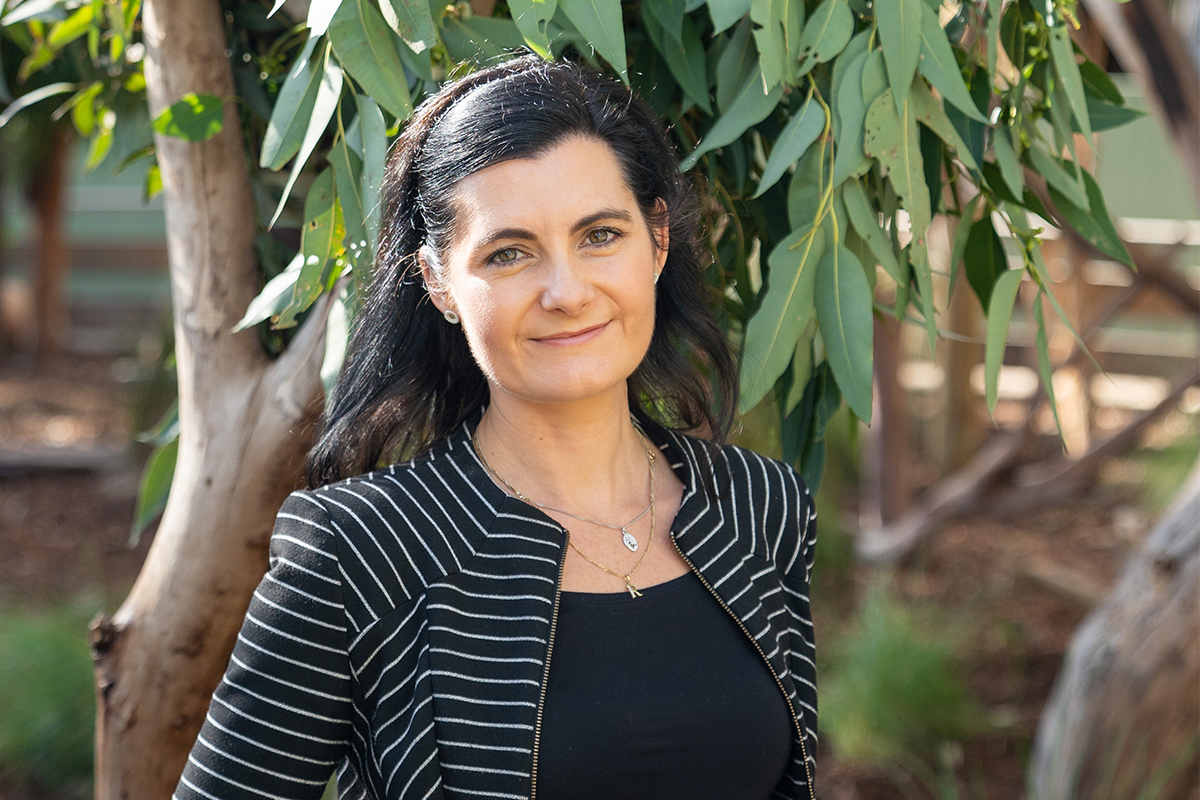Growing up, Dr Rebecca Johnson, Director of the Australian Museum Research Institute (AMRI), didn’t have a wide range of female scientific heroes to choose from.
“I wanted to be a scientist when I was a little kid,” she tells The CEO Magazine, “but it was a much more esoteric goal, because there weren’t really any female role models available to me. Marie Curie was one of my heroes, but she had a very unfortunate end, and lived in another country, a long time ago.”
Despite this dearth of visible role models, Dr Johnson pursued her goal, becoming the first female director of the AMRI in its 191-year history. She appreciates the gravity of a milestone like this for women coming through after her, and she wants to see more women participating in STEM subjects, knowing firsthand that “a STEM-literate community is a good community”.
”A STEM-literate community is a good community.”
Increasing rates of participation for women, of course, leads to a more diverse workplace. Having worked for more than half a decade on a project that involved sequencing the koala genome, Dr Johnson is acutely aware of the benefits that diversity can bring to the scientific field.
The results of the Koala Genome Consortium’s work came to the public’s attention in July, and the work of the 54 scientists working on the project, from seven different countries, in 29 different institutions, has so far resulted in 15 publications.
“The koala consortium is a great example of the importance of having a diverse workplace,” Dr Johnson says. “There was a remarkably diverse range of skills involved, and any one subset of our group could not have achieved the great outcome that we achieved together.

“It’s exactly the same in any workplace: the more diversity you have, the more ways of coming at the world, the more successful you will be.”
Dr Johnson mentions an additional variable contributing to success both within the scientific field of inquiry and beyond it: mentorship. “My number one piece of career advice is to pick amazing mentors,” she shares. “My honours supervisors, a husband-and-wife team, created an incredibly supportive environment for me.”
”My number one piece of career advice is to pick amazing mentors.”
Dr Johnson completed her PhD at La Trobe University, working in the same department as Emeritus Professor Jennifer Graves, an eminent marsupial geneticist and the recipient of the 2017 Prime Minister’s Prize for Science. In an instance of things coming full circle, Professor Graves was one of the 54 scientists making up the consortium.
“If you choose a wonderful mentor, they’re usually in an environment that attracts other amazing people. I am grateful that, by chance, I happened to be in that great environment, and was given the opportunity to meet those people who are now my collaborators.”
The success of the koala project ultimately boiled down to “sheer hard work and getting the right people in the room”. A strong collaborative spirit kept the project running, and was something to be celebrated along the way. After all, Dr Johnson says, “life’s too short to collaborate with people who aren’t awesome”.
Dr Rebecca Johnson was named one of The CEO Magazine’s 10 leading businesswomen in Australia, alongside Gina Rinehart, Ronni Kahn, and Tracey Spicer.







